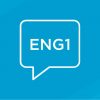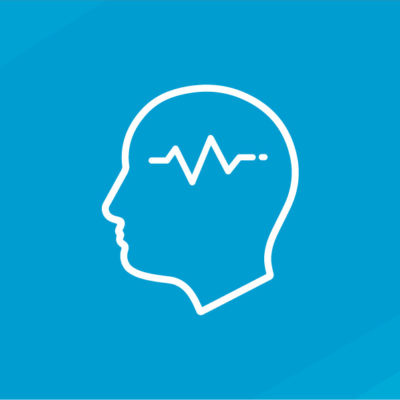If you’re a homeschool parent, especially if you are homeschooling a high school student, you have probably come across the word “accreditation” more than once. But what does accreditation actually mean? Is it important?
The truth is, accreditation isn’t the end-all be-all of academics, but it does matter. By taking a closer look at what accreditation offers, why it matters, and the impact it can have on a student’s future, you can understand why choosing an accredited institution is more than just checking a box.
What Is Accreditation?
Accreditation is a process in which an independent, third-party organization reviews a school or program to ensure it meets defined standards of quality. It’s not about individual classes or curriculum; it’s about the institution as a whole. This evaluation includes factors like faculty qualifications, student support services, academic resources, institutional integrity, and continuous improvement efforts. Accreditation can be regional or national, with regional accreditation generally considered more prestigious and widely accepted. It serves as a critical quality assurance mechanism, helping students, families, and employers trust that an institution delivers a credible and valuable education.
An accredited provider undergoes a rigorous evaluation of:
- Curriculum and instruction
- Teacher qualifications
- Administrative practices
- Student records and assessments
- Financial policies
- Student outcomes
These reviews happen regularly and are no small feat. Accreditation is earned and maintained through continuous commitment to excellence. Institutions must undergo comprehensive scrutiny and evaluations by accrediting teams. It is also important to note that the process doesn’t end once accreditation is granted; schools must demonstrate ongoing improvement and meet updated standards during periodic re-evaluations. This ongoing scrutiny helps ensure that institutions stay accountable, adapt to changes in education, and consistently provide students with a high-quality learning experience.
Common Misconceptions About Accreditation
It’s important to clear up a few myths. First, accreditation is not government-issued. While states oversee public education, there is no federal agency that accredits K-12 programs. Instead, there are recognized accrediting bodies, including regional, national, religious, and professional organizations.
Additionally, the curriculum isn’t what gets accredited; schools are. A textbook or course may be high quality, but only institutions can be accredited.
Finally, colleges don’t require it. Most colleges and universities care about grades, test scores, GPAs, and overall academic performance, not necessarily whether a homeschool transcript is accredited. Still, accreditation can provide structure and credibility.
Accreditation is often viewed as a marker of legitimacy in education, but the process behind it is complex and decentralized. As stated by K12 Academics, a global online education resource, “There is no federal government list of recognized accreditation agencies for primary and secondary schools like there is for higher education.”
Why Choose an Accredited Provider?
While accreditation is not legally required for homeschoolers, working with an accredited provider offers some important advantages, such as:
- Academic Quality. Accredited programs are reviewed to ensure their curriculum is rigorous and effective. That means your student is being challenged in meaningful, measurable ways.
- Accountability. Accreditation means a provider isn’t operating in a bubble. Their teaching, policies, and outcomes are regularly evaluated by outside experts.
- Smooth Transitions. If your student ever returns to public or private school, having completed courses through an accredited provider may make it easier to transfer credits, though acceptance is ultimately up to the receiving school.
- College Confidence. Colleges don’t require accreditation for homeschoolers, but transcripts from an accredited provider may look more polished and professional. It shows that your student worked through a program that meets recognized standards.
- Peace of Mind for Parents. Knowing that an organization is held to high standards helps parents feel confident that their child is receiving a strong education with structured support.
Overall, accreditation adds a layer of credibility and structure that many families find reassuring. It can open doors, ease transitions, and provide valuable assurance that your homeschool journey is on a solid academic foundation.
Why Excelsior Classes?
Excelsior Classes is an online education provider with all classes accredited by the Western Association of Schools and Colleges, and all core classes additionally approved by the National Collegiate Athletic Association. These accreditations and approvals are a direct reflection of the commitment to:
- Rigorous, college-prep curriculum
- Experienced, mission-minded instructors
- Clear communication and grading policies
- Secure and accurate record-keeping
- Continuous improvement based on student outcomes and feedback
These elements highlight Excelsior Classes’ focus on delivering high-quality, reliable instruction. After all, accreditation isn’t just a label; it’s a sign that the program is built to support student success with professionalism and accountability.
Summary
So, in the end, is accreditation necessary to homeschool? No, but it does make a difference, as accreditation ensures that a school meets certain standards of quality and makes transferring credits or pursuing advanced degrees smoother. Excelsior Classes is here to support, challenge, and guide your students through their rigorous courses by offering a community rooted in academic integrity and excellence.
If you’re looking for an accredited class provider that is challenging, engaging, and invested in your students’ success, you might want to learn more about Excelsior Classes.
















